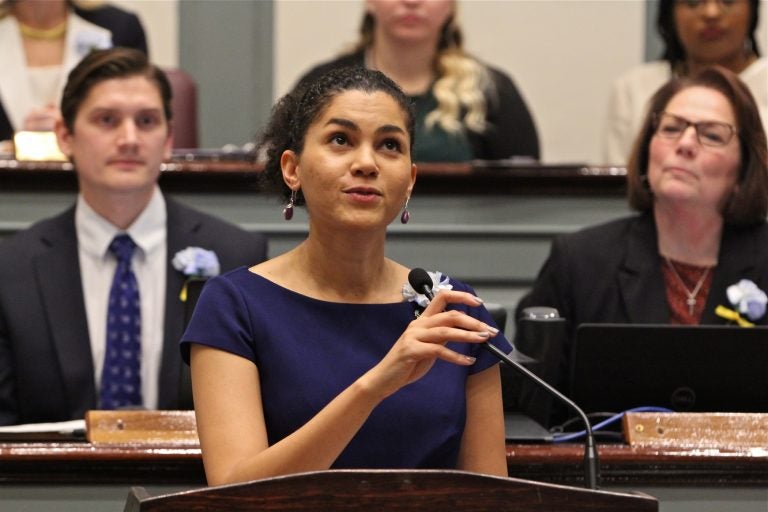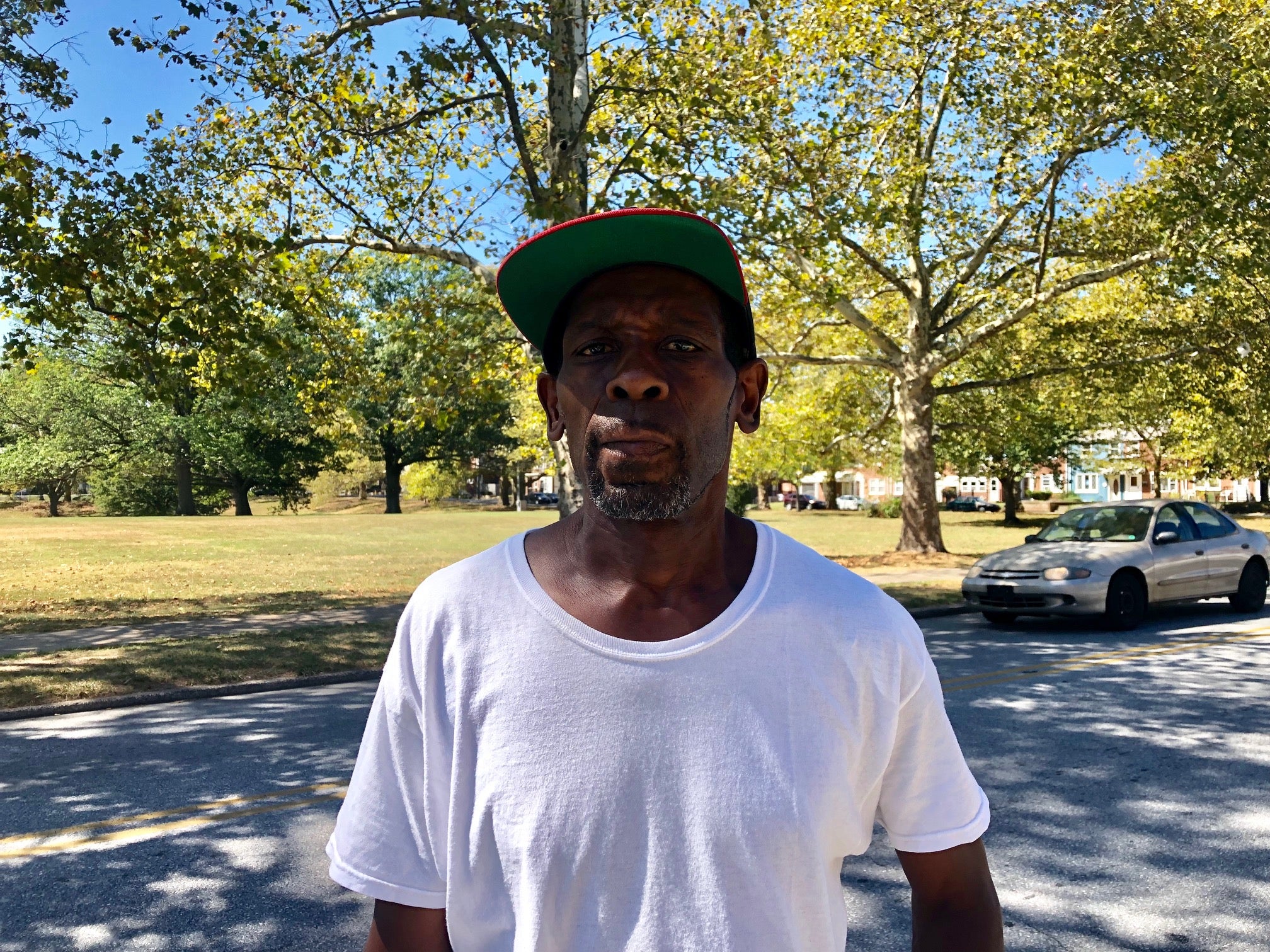Delaware eases law on drug crimes committed near parks and churches
A lawmaker says such aggravating factors contribute to disproportionate incarceration rates for African Americans. Now they no longer mean higher sentences in Delaware.
Listen 1:50
State Sen. Elizabeth Lockman of Wilmington. (Emma Lee/WHYY)
A provision in Delaware’s drug laws long penalized offenders caught using, possessing or dealing near a school, park or house of worship.
But concerns that this has unfairly affected city dwellers and helped lead to higher incarceration rates for African-Americans has caused a revision.
Wilmington state Sen. Elizabeth Lockman sponsored the bill that, among other provisions, removes parks and houses of worship from what she calls “geographic-based enhancements’’ to drug charges. A violation that occurs within 300 feet of a school still remains in the law as an aggravating factor that can lead to a harsher sentence.
Police, prosecutors and judges have often relied on those aggravating factors in the criminal-justice process, and their use sometimes meant the difference between probation and time behind bars for a defendant.
Lockman’s bill passed easily and was signed by Gov. John Carney this week.
“Essentially, what we were finding is that it wasn’t actually mitigating the behavior that we want to mitigate,’’ Lockman said. “It wasn’t necessarily having the desired effect other than disproportionately incarcerating people from the city and other more urban areas for the same offenses than their counterparts in other places.”
Lockman said her measure and other recent changes to the criminal code would help reduce the black prison population from 60% in a state where 20% of residents are black.
In Wilmington, 56% of the 74,000 residents are black, according to state population projections.
The city is dotted with churches and parks.
Peter Harrison lives on the edge of sprawling Brown Burton Winchester Park in Northeast Wilmington. The park is bordered by block after block of rowhouses that are well within the old 300-foot limit qualifying them as an aggravating circumstance.

Harrison said the old law was unfair to the city.
“If they are not going to do it in the park, they are going to bring it in front of the houses,” Harrison said. “And you know, we have to live here. It makes it uncomfortable because after that comes the guns, the violence.”
Suburban and rural violators, especially in affluent areas, “get away with a lot of stuff that they don’t get away with in the city. Where they get a slap on the hand, we go to jail,” he said.
While at the park waiting for a bus, Deborah Bingham agreed with Harrison.
“If you live by a park, you’re going to be by a park, so how are you going to hold me accountable if I live near a park?’’ she asked. “We don’t stand a chance.”
Lockman’s bill, championed by the attorney general’s office, passed easily. Wilmington police would not comment on the change in the law.
Jeffrey Horvath, a former police chief in Dover and Lewes who is now executive director of the Delaware Police Chiefs’ Council, said his group pushed the General Assembly to keep drug crimes that occur in school zones as an aggravating factor.
“It’s probably fair for parts of Wilmington where there’s so many houses and so many churches within the same proximity,” said Horvath of exempting houses of worship and parks.
But Horvath said the old law was more appropriate for small towns in Kent and Sussex counties, “where you might have to go out of your way to deal around a church, so it’s a kind of a double-edged sword there.”
WHYY is your source for fact-based, in-depth journalism and information. As a nonprofit organization, we rely on financial support from readers like you. Please give today.





